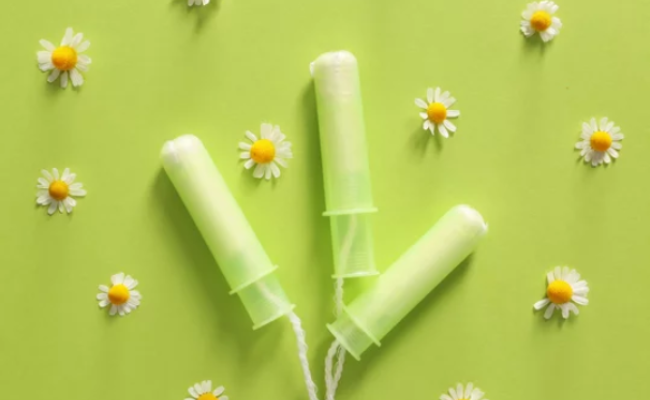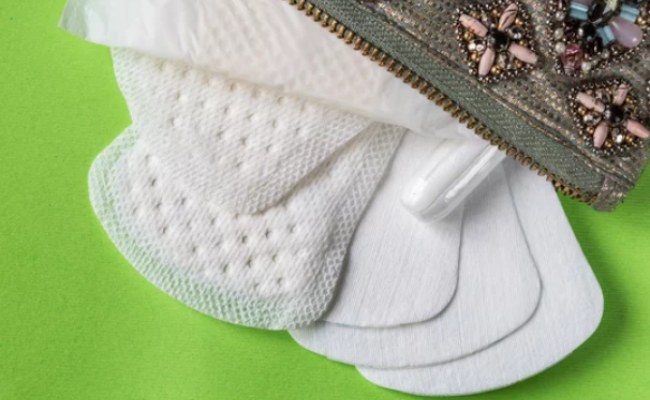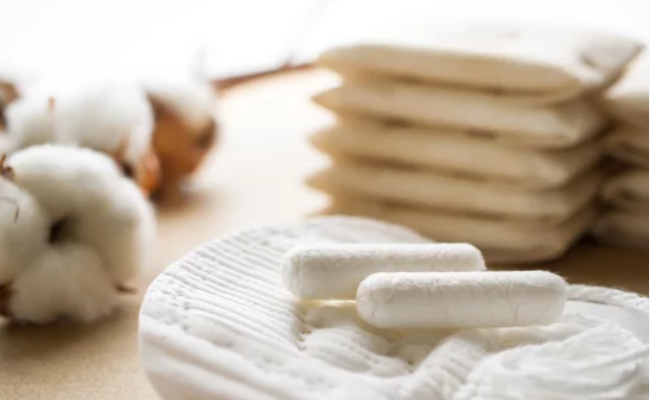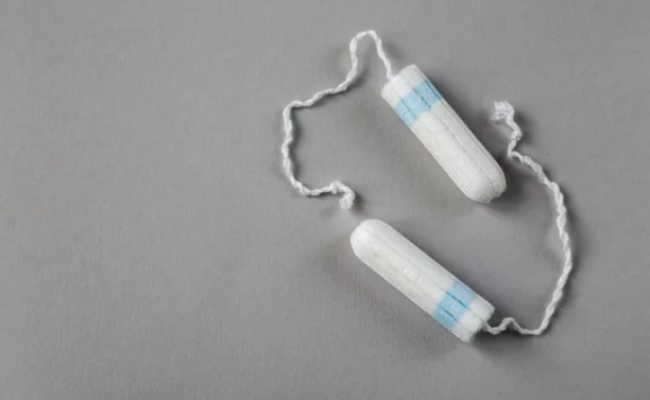Why Organic Tampons are a Better Option for Your Health
Tampons are an essential part of life for many menstruating individuals, but not all are created equal. Recently, there has been an increased popularity of organic tampons.
Organic tampons are made from all-natural, non-toxic chemicals and are free of harmful chemicals often present in traditional tampons.
Choosing the best tampons is essential as they can affect your health and comfort. Mainstream non-organic types contain more chemical-filled materials and synthetic fibers, which may not be very helpful for your health.
The best organic disposable menstrual products, like the ones made from cotton, have a slight edge over regular tampons, especially regarding environmental impact. Along with several other advantages, they are a better option for your health.
Understanding Conventional Tampons and Their Risks
Conventional tampons usually comprise a blend of materials, including pure cotton and rayon fibers. Rayon is a synthetic fiber from wood pulp known for its excellent absorbency levels.
Chemical additives in conventional tampons
The FDA regulates tampons as a class II medical device, like condoms and contact lenses.
But the FDA still permits a small number of dioxins (a byproduct of bleaching rayon) and glyphosate (a pesticide used on non-organic cotton crops) to be in them.
These ingredients could harm the body at significantly elevated levels. However, the amount found in tampons is so tiny it’s not a risk.
Critics of non-organic tampons find fault that it is not mandatory for brands to list their ingredients.
Most consumers weren’t aware that conventional tampons are bleached with chlorine gas, which contains dioxins, a known carcinogen.
Manufacturers later replaced these tampons with elemental chlorine-free (ECF) bleaching or totally chlorine-free (TCF) to minimize the presence of dioxins.
Some conventional tampons make use of rayon, Carbon disulfide, which is a known reproductive toxin.
Moreover, some other toxins discovered include xylene, toluene, methylene chloride, pesticide residues, phthalates, triclosan, parabens, and chloroform.
Though they exist in negligible amounts, they may become a problem over time since they are bioaccumulative.
Risks associated with the use of conventional tampons
When discussing the dangers of using conventional tampons, we mostly settle on (TSS) Toxic Shock Syndrome.
Toxic Shock Syndrome is connected to the absorbency of the tampons and how long they leave them in their bodies.
TSS occurs in people of all ages. Most concerns have been with the chemicals present in the product and how the vaginal mucosa may absorb them before they pass into the bloodstream.
Advantages of Using Organic Tampons

Photo credit: Adobe Stock
Chemical-free and all-natural ingredients
Organic tampons have the advantage of being manufactured with 100% certified organic cotton. Farmers grow organic cotton without pesticides and therefore keep toxins from consumers’ bodies.
Conventional non-organic types are from more chemical-filled materials and synthetic fibers. It includes chlorine bleaching, dioxins, and dyes.
Even the string and the covering around are plastic. And even though some brands advertise an ‘organic cotton core,’ their tampons, sadly, still have synthetic outer layers.
Better for sensitive skin and the environment
Obviously, with fewer chemicals, organic products better serve people with sensitive skin. This makes organic tampon options great for anyone with high skin sensitivity.
Since they are made purely from natural cotton, they are fully biodegradable. You can dispose of them in the bin after use.
They will return to nature without depositing terrible chemicals or plastic particles into the ground or the ocean.
Improved comfort and less irritation
Cotton tampons do not contain bleaches or dyes without pesticides. For some consumers, this leads to greater comfort since bleach is sometimes responsible for irritation.
The vagina is a highly porous membrane. Since most users have used tampons for about 7.5 years, nasty chemicals should be out of the question.
How to Choose the Right Organic Tampons

Photo credit: Adobe Stock
Factors to consider when selecting organic tampons
- Always look for tampons made from organic cotton.
- Make sure they are chlorine-free.
- If possible, avoid products with chlorine fragrances. These may contain phthalates, which are very common in conventional tampons.
Recommended brands and products
For a healthier option during your periods, below are some of the top organic disposable menstrual products you can choose from.
Natracare
The founder debuted Natracare in 1989 to provide more eco-friendly period products.
They produce tampons with 100% GOTS-certified organic cotton. Their products are chlorine-free and use no plastic, dyes, or rayon.
Lola Compact Plastic Applicator Tampons
- Organic tampons comprise 100% organic cotton.
- The cardboard applicator makes the product discreet and easy to use.
- BPA-free plastic applicator.
- Hypoallergenic.
- Prevent leaks and is fragrance-free.
Cora, the Comfort Fit Tampons
Cora also offers pads, panty liners, period underwear, and reusable discs. These applicator-free tampons are readily available in three different absorbances and multipacks with a mix of two or three different absorbances.
Final Thoughts

Photo credit: Adobe Stock
Tips for making the transition to organic tampons
It is essential to know your body and what works for you. With this, you won’t be tempted to buy products without knowing if they work well with you.
A minor review can go a long way in choosing a product. Go through several studies to help you decide what is best for you. It is always advisable to get the best product based on your budget.
What to expect and any potential challenges
Making a switch would be challenging as you need to be at ease using the product, which some may find weird. Also, sometimes the product might leave residue after removal.
Also, you must change your organic tampons every eight hours and use the appropriate size for your flow. For example, do not use a super when a regular fit perfectly.
Lastly, organic tampons do not eliminate the risk of Toxic Shock Syndrome (TSS). Some brands and reviews may lead you to believe that chemicals and rayon are the causes of TSS.
But research has shown that TSS is a bacteria issue. The risk increases significantly when you wear super-absorbent tampons for longer than recommended.


